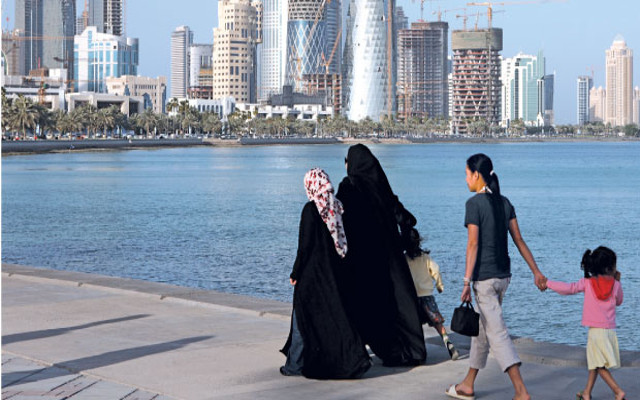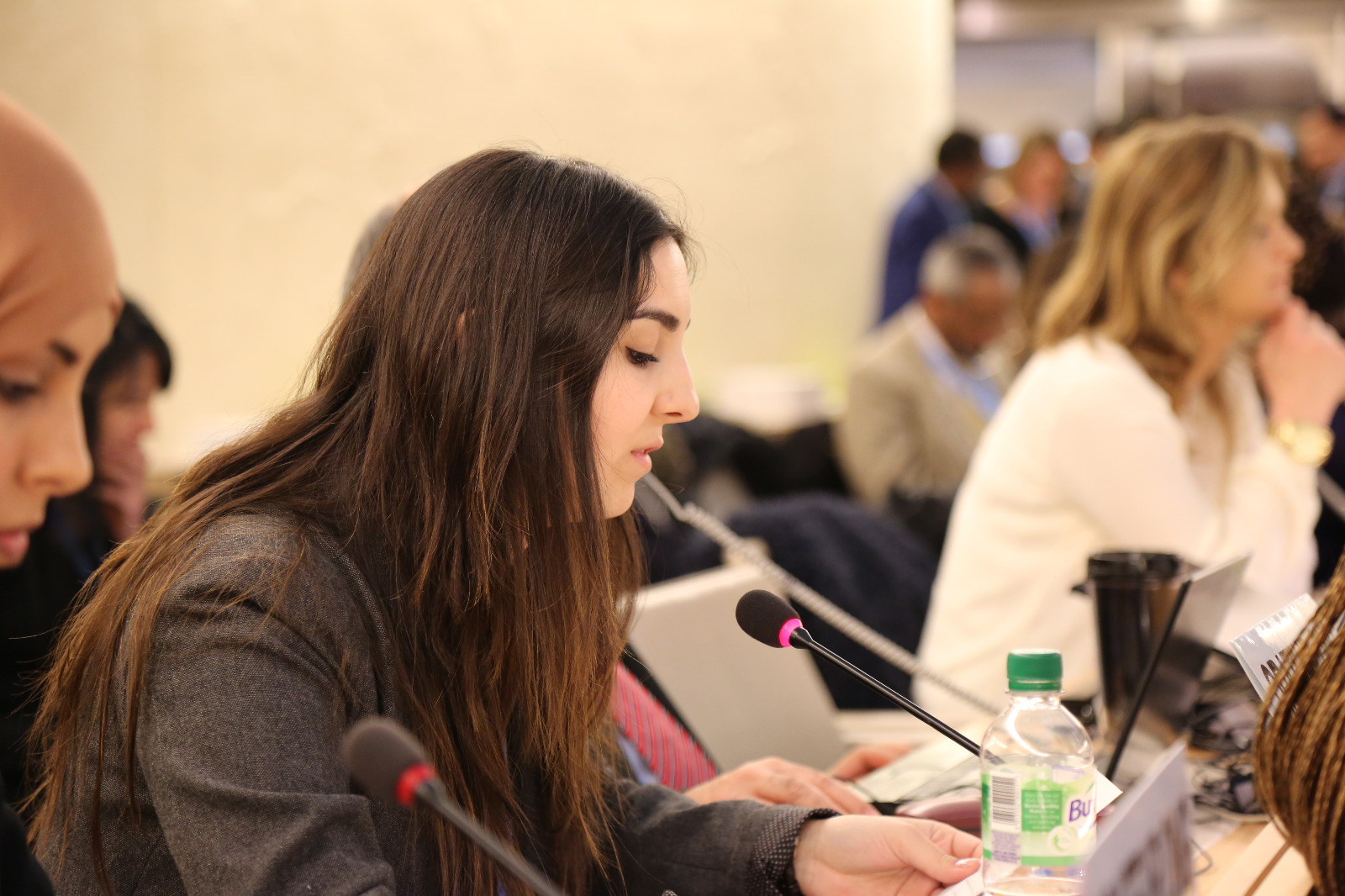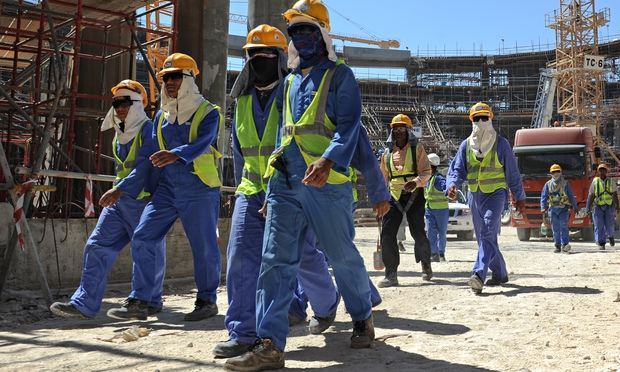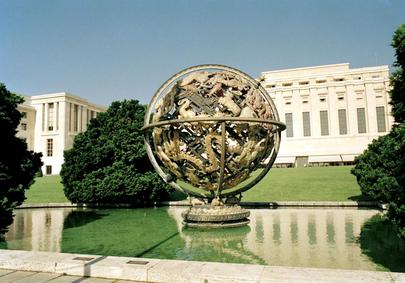Kuwait may soon undertake new steps to change its population ratio, which is comprised mostly of migrant workers. Currently, Kuwaitis make up just over 30% of the country’s current population. The new law would force migrant workers to leave the country if fired by their employers. Supporters of the proposal claim that unemployed expatriate workers[…]
Migrant domestic workers are set to receive greater protection in Oman, according to an announcement made last week by Oman’s Ministry of Manpower. On April 27, the advisor to the Minister of Manpower, Salem Al Saadi, told the Times of Oman that the government is planning to legalize the rights of migrant domestic workers (MDWs)[…]
On March 23, 2016, during the Item 2 General Debate at the 31st session of the Human Rights Council, Diam Abou-Diab delivered an oral intervention on behalf of ADHRB in which she addressed Qatar’s consistent failure to guarantee the rights of citizens and non-citizens alike, particularly the rights of artists and laborers, in the run-up[…]
The international community has devoted an unprecedented level of attention to migrant labor abuses in Qatar since its successful bid to host the 2022 World Cup. NGOs and governments alike have called on the Qatari government to increase protections for migrant workers amidst a slew of abuses. Qatar has not been alone in facing international[…]
Geneva, Switzerland — 24 September 2015 — On behalf of Americans for Democracy & Human Rights in Bahrain and the Bahrain Institute for Human Rights, ADHRB advocacy associate Eric Eikenberry delivered on oral intervention detailing the Gulf Cooperation Council countries’ recent engagement with the UN Special Procedures. In particular, the intervention calls on Qatar and Saudi[…]








